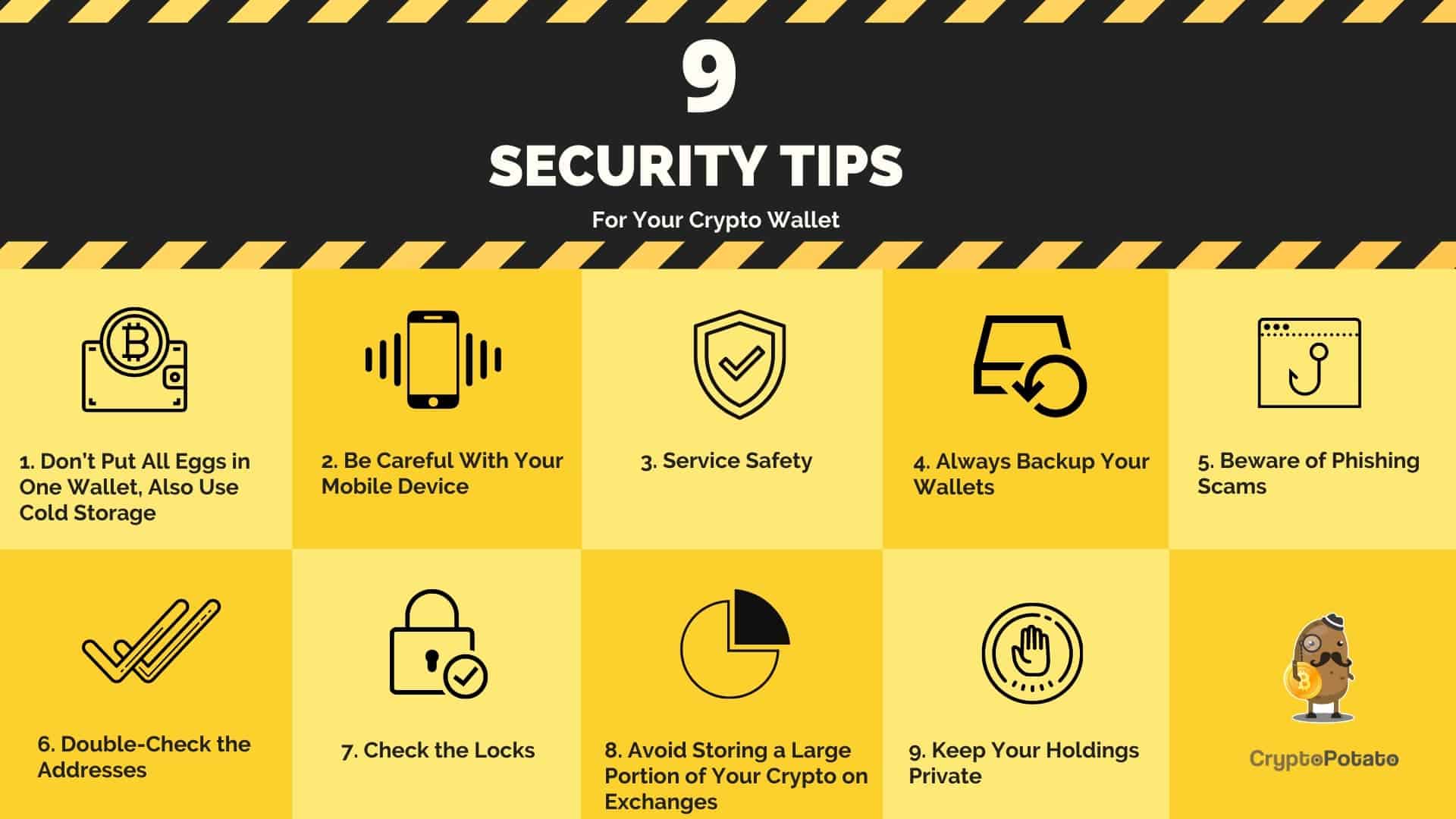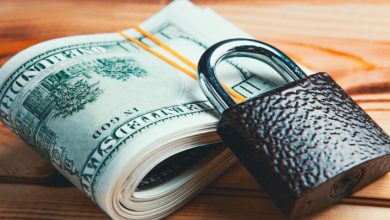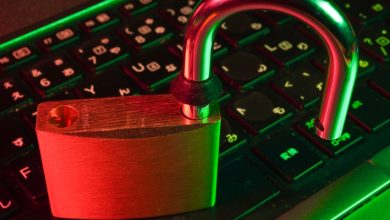Best Practices for Securing Your Crypto Wallets

- Understanding the importance of securing your crypto wallets
- Choosing the right type of crypto wallet for your needs
- Implementing strong password protection for your crypto wallets
- Utilizing two-factor authentication for added security
- Backing up your wallet and storing recovery phrases securely
- Regularly updating your wallet software to protect against vulnerabilities
Understanding the importance of securing your crypto wallets
Understanding the significance of securing your cryptocurrency wallets is crucial in safeguarding your digital assets from potential threats. By taking proactive measures to protect your wallets, you can mitigate the risk of unauthorized access and potential loss of funds. It is essential to implement best practices for securing your crypto wallets to ensure the safety and integrity of your investments.
Choosing the right type of crypto wallet for your needs
When it comes to securing your crypto assets, choosing the right type of crypto wallet is crucial. There are several options available, each with its own set of features and security measures. It’s important to consider your needs and level of experience when selecting a wallet to ensure that your cryptocurrency is safe and easily accessible.
One of the most popular types of crypto wallets is a hardware wallet. These physical devices store your cryptocurrency offline, making them less vulnerable to hacking or theft. Hardware wallets are considered one of the most secure options available and are ideal for long-term storage of large amounts of crypto assets.
Another option is a software wallet, which can be either desktop-based or mobile-based. These wallets are convenient for accessing your cryptocurrency on the go, but they may be more susceptible to cyber attacks. It’s essential to choose a reputable software wallet provider and enable two-factor authentication to enhance security.
For those who prefer a more user-friendly option, a web-based wallet may be the right choice. These wallets are accessible from any device with an internet connection, making them convenient for frequent traders. However, web-based wallets are considered less secure than hardware or software wallets, so it’s essential to take extra precautions to protect your crypto assets.
Ultimately, the best type of crypto wallet for you will depend on your individual needs and preferences. It’s essential to research different options thoroughly and consider factors such as security, convenience, and ease of use before making a decision. By choosing the right crypto wallet, you can help ensure that your cryptocurrency remains safe and secure.
Implementing strong password protection for your crypto wallets
When it comes to securing your crypto wallets, one of the most important steps you can take is implementing strong password protection. A strong password is essential to prevent unauthorized access to your funds and assets. Here are some best practices to follow:
- Use a combination of uppercase and lowercase letters, numbers, and special characters in your password.
- Avoid using easily guessable information such as your name, birthdate, or common words.
- Consider using a passphrase instead of a single word for added security.
- Regularly update your password and avoid reusing the same password for multiple accounts.
- Enable two-factor authentication for an extra layer of security.
By following these guidelines, you can help ensure that your crypto wallets are well-protected from potential threats and unauthorized access. Remember, the security of your funds is in your hands, so take the necessary precautions to safeguard your assets.
Utilizing two-factor authentication for added security
Another important best practice for securing your crypto wallets is utilizing two-factor authentication (2FA). This adds an extra layer of security to your accounts by requiring not only a password and username but also something that only the user has on them, i.e., a piece of information only they should know or have immediately to hand – such as a physical token.
By enabling 2FA on your crypto wallet accounts, you can significantly reduce the risk of unauthorized access even if your password is compromised. This is because a potential hacker would not only need to know your password but also have access to your 2FA device or method, making it much more challenging for them to breach your account.
There are several ways to implement 2FA, including SMS codes, authenticator apps, hardware tokens, or biometric verification. It is recommended to choose the method that best suits your needs and provides the highest level of security for your crypto assets.
Backing up your wallet and storing recovery phrases securely
It is crucial to **back up** your crypto wallet and securely store your recovery phrases to ensure that you can always access your funds, even if your device is lost or damaged. Here are some best practices to follow:
- Make sure to **create** a backup of your wallet regularly to capture any recent transactions and changes to your account.
- Store your recovery phrases in a safe and secure location, such as a **fireproof** safe or a safety deposit box.
- Consider using a **hardware** wallet for an added layer of security, as they are designed to securely store your private keys offline.
- Avoid storing your recovery phrases digitally or in the cloud, as this can make them vulnerable to **hacking** and theft.
- Remember to keep your recovery phrases confidential and never share them with anyone, as they are the key to accessing your funds.
Regularly updating your wallet software to protect against vulnerabilities
Regularly updating your wallet software is crucial to protecting your crypto wallets against vulnerabilities. Developers frequently release updates to address security issues and bugs that could potentially be exploited by hackers. By keeping your wallet software up to date, you can ensure that you have the latest security patches and features to safeguard your crypto assets.




